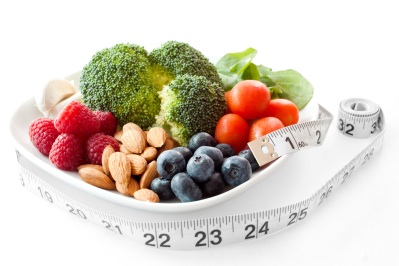
Diet for the Breastfeeding Mother
After months of looking forward to her birth, your baby is finally with you. But you also feel it’s high time you got back into your pre-pregnancy clothes.
Hold on! Now you are breastfeeding and the baby depends on you for all her nutrition and growth. It is your responsibility to ensure that you take healthy and nutritious food. For your child, nothing can replace breast milk.
Here is some good news for lactating mothers – breastfeeding actually helps you to lose weight. And as most of the pregnancy weight gain is contributed to by fluid, it is easy to lose it, though it takes time. Remember, it took nine months to put on those extra kilograms. Give yourself at least nine months before you start cribbing. The rate at which you can lose this additional weight also depends on your fat intake during pregnancy.
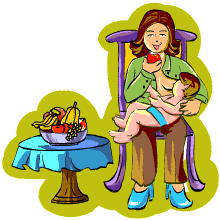
Food for the Breastfeeding Mother [Illustration by Anup Singh]
Keeping this in mind, what should your diet comprise of? There is no standard rulebook that you can follow to the letter. Your body and your baby are unique, so are your wants and those of your baby.
However, there is one golden rule. Avoid intake of excess fats, caffeine and alcoholic beverages. This does not mean that you consume no fats, because some degree of fat is essential for the baby’s growth. The baby’s body will retain caffeine as her system is not yet able to process and rid itself of caffeine, so limit its intake.
Nothing will turn you into your old self, overnight. Your weight loss experience while nursing will be unique to you. If you don’t lose weight quickly, don’t fret. Your body retains the fat it requires to feed your baby. And remember, nothing is more important than being an adequate food source for your baby.
In all, try to eat as many varieties of food as possible. What you eat will flavour your milk and this is nature’s way of getting your baby used to eating the kinds of foods she will eat later on. Remember to eat all these in moderation and stick to nutrition-packed and energy-giving food. Each food provides the baby with different assortments of vitamins, calcium, minerals, proteins and other nutrients, essential for her growth.
A lactating mother needs more energy. Keeping in mind that a mother needs to get back in shape, it is generally recommended that she consume an added 500 calories to the pre-pregnancy diet as breastfeeding takes an extra 400 to 800 calories a day. With this, physical activity should be increased to cut fat reserves depending on actual fat gain from pregnancy. No calorie restrictions are recommended as it will affect the child’s nutrition too.
If you notice an allergy in your child, eliminate the suspected foods from your diet and see what happens. Foods usually take a week or two to leave your system completely, so it is important to wait at least that long before reintroducing it.
Foods that should be taken
Foods having multiple nutrients, fibre and phytochemicals – which are disease-fighting constituents mainly found in fruits, vegetables and grains, should be taken aplenty. Protein is another necessary nutrient. At least eight to 10 glasses of fluid including milk, soups, icecream, popsicles are important. Nothing replaces good old water. So have lots of it.
An ideal balanced meal would include one cup of dal (cereal), a vegetable, one fruit, one teaspoon of fat, rice, chappatis, about 100 grams of lean protein like white meat and a cup of milk. A lactating mother must have three meals a day with two mid-meal snacks comprising fruit, milk, raw veggies or a protein food. More than necessary intake of fried fatty and sugary foods including cakes, sodas and juices have little for either mother or child. And it just adds to the mother’s weight.
For a lactating mother, there are no prescribed limits to how much she should eat. It is more a question of making the right food choices!





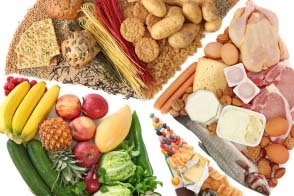
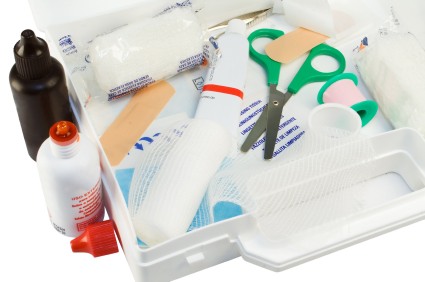

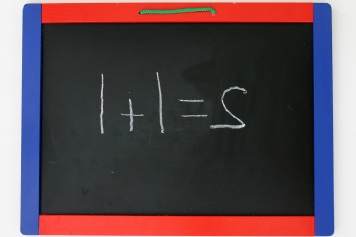


Dieting while breastfeeding needs to be done carefully. I was a Weight Watchers leader and the breastfeeding moms needed many more points to eat! Those babies need to be healthy!!!